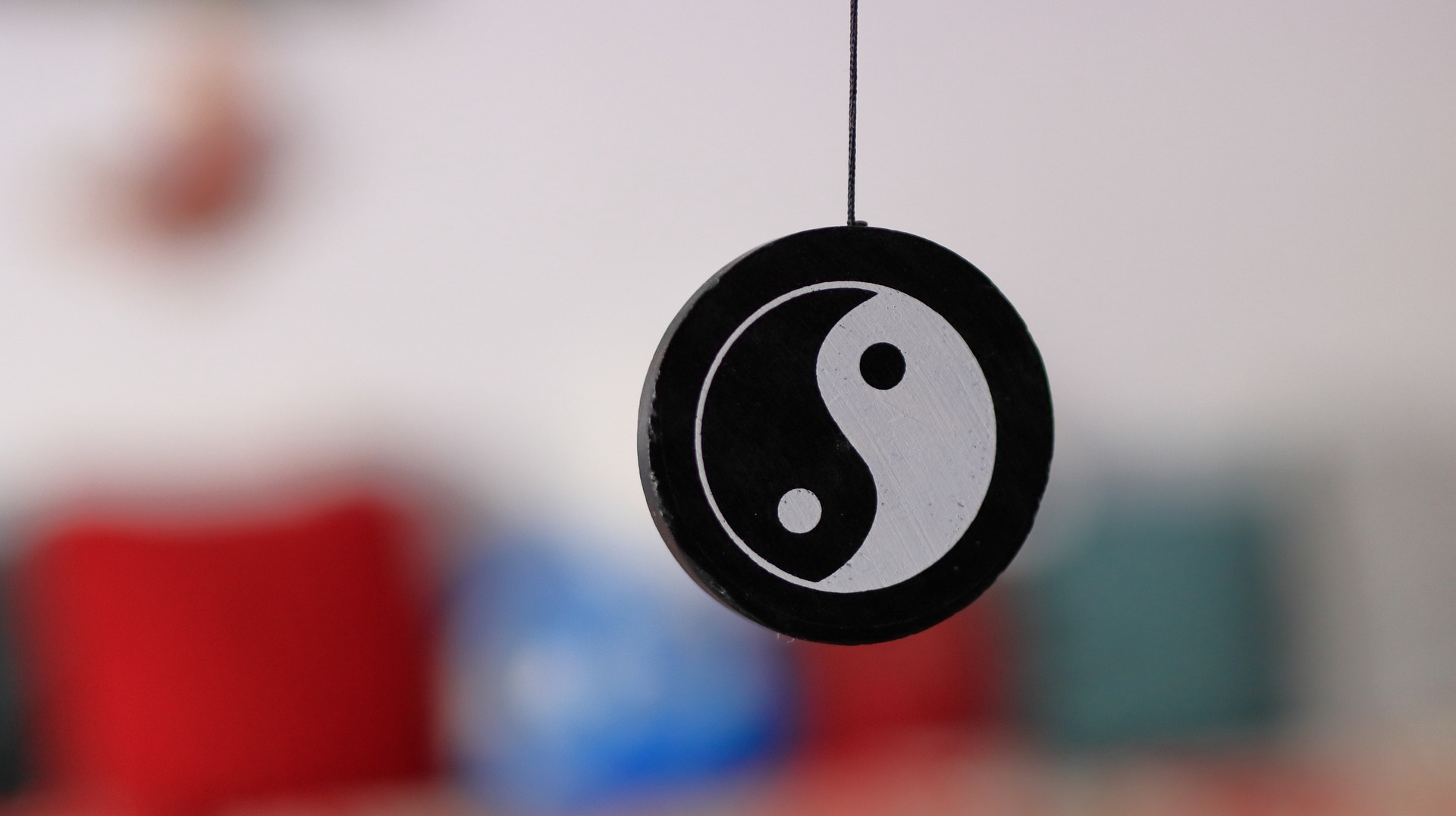Acupuncture Treatment: A Comprehensive Guide
Acupuncture is a natural healing practice often used as an alternative treatment method for various ailments. This ancient technique involves inserting thin needles into specific points on the body to relieve pain, treat diseases, or promote overall well-being. Acupuncture is deeply rooted in traditional Chinese medicine (TCM) and has been used for centuries to restore balance and stimulate the body's natural healing processes.
The Origins and Practice of Acupuncture
Acupuncture originated in China and is one of the oldest healing practices in the world, dating back to prehistoric times. Over the centuries, this practice has evolved and been adopted by other cultures, including Japan, Korea, and Taiwan, each developing its variations.
The primary goal of acupuncture is to restore and maintain health by stimulating specific points along the body’s energy pathways, known as meridians. According to TCM, blockages or imbalances in these pathways can lead to illness or discomfort. Acupuncture aims to clear these blockages, restore balance, and promote healing.
Acupuncture techniques vary:
- Traditional Acupuncture: Involves inserting needles into the skin at precise points.
- Heated Needle Acupuncture: Involves heating the needles to enhance the therapeutic effect.
- Electro-Acupuncture: Uses mild electrical currents to stimulate the needles.
- Acupressure: Stimulates the same points without breaking the skin, using manual pressure instead of needles.
Natural Uses for Acupuncture
Acupuncture is believed to provide relief from a wide range of conditions. It is commonly used to:
- Relieve pain
- Reduce inflammation
- Improve circulation
- Boost the immune system
- Treat diseases and disorders
- Promote general health and prevent illness
Home Remedies Using Acupuncture
Acupuncture is a time-tested, natural therapy that relieves various physical and emotional conditions. Whether used for pain management, stress relief, or overall health maintenance, acupuncture can be a powerful tool for promoting well-being. Always consult a qualified professional to ensure safe and effective treatment tailored to your unique needs.
By embracing acupuncture as part of a holistic approach to health, you can experience its benefits and enhance your overall quality of life.
Pain Management
Acupuncture is widely recognized for its ability to alleviate pain. Common conditions treated with acupuncture include:
- Chronic Pain: Such as back pain, neck pain, and joint pain.
- Headaches and Migraines: Acupuncture can reduce the frequency and intensity of headaches.
- Postoperative Pain: It is often used in post-surgery recovery to manage discomfort.
Stress and Mental Health
Acupuncture has been shown to help with mental health issues by promoting relaxation and reducing stress. Conditions such as anxiety, depression, and insomnia may benefit from regular treatments.
Addiction and Habits
Acupuncture is sometimes used as part of addiction recovery programs to help with withdrawal symptoms and cravings. It is also employed in smoking cessation and weight loss programs, often combined with relaxation techniques or hypnosis.
Therapeutic Applications of Acupuncture
Acupuncture is a treatment for specific ailments and is used for therapeutic intervention and general health maintenance. Below are some of its most common applications:
Conditions Acupuncture May Help Treat
- Chemotherapy-Induced Nausea and Vomiting: Often used to manage side effects of cancer treatments.
- Menstrual Cramps: Provides relief by improving blood flow and reducing tension.
- Fibromyalgia: Helps reduce chronic pain and fatigue associated with this condition.
- Carpal Tunnel Syndrome: Reduces pain and improves hand function.
- Low Back Pain: One of the most studied acupuncture uses, with evidence supporting its effectiveness.
Other Applications
- Stroke Rehabilitation: Improves motor function and speech recovery after a stroke.
- Tennis Elbow: Reduces pain and inflammation in the elbow joint.
- Osteoarthritis: Provides relief for joint pain and stiffness.
- Asthma: May help improve breathing and reduce symptoms as part of a broader treatment plan.
Acupuncture for Preventative Care
Regular acupuncture sessions can be used to prevent disease and promote general health. By addressing minor imbalances before they manifest as illness, acupuncture supports overall well-being and strengthens the body’s natural defenses.
What to Expect During an Acupuncture Session
- Initial Consultation: The acupuncturist will ask about your medical history, symptoms, and overall health.
- Needle Placement: Fine, sterile needles are inserted into specific points on the body. You may feel a slight tingling or warmth but minimal discomfort.
- Relaxation Period: The needles remain in place for 15-30 minutes while you relax.
- Post-Treatment: Some people feel immediate relief, while others may notice gradual improvements over several sessions.
Benefits of Acupuncture
- Non-Invasive: Acupuncture offers a natural alternative to medications or surgeries.
- Few Side Effects: When performed by a licensed practitioner, acupuncture is generally safe.
- Promotes Holistic Healing: Addresses both physical and emotional well-being.
- Customizable: Treatments are tailored to the individual’s specific needs.
Cautions and Considerations
While acupuncture is generally safe, certain individuals should exercise caution or avoid this therapy altogether:
- Bleeding Disorders: People with clotting disorders or those taking blood thinners (e.g., Warfarin, Coumadin) should avoid acupuncture.
- Pacemakers: Avoid electro-acupuncture if you have a pacemaker, as the electrical currents could interfere with its function.
- Pregnancy: Some acupuncture points can stimulate uterine contractions and should be avoided during pregnancy unless recommended by a healthcare professional.
Always consult a licensed and experienced acupuncturist to ensure safe and effective treatment.
Combining Acupuncture with Other Therapies
Acupuncture works well alongside other treatment modalities. For example:
- Physical Therapy: Combines movement and acupuncture for improved mobility.
- Herbal Medicine: Enhances the effects of acupuncture by addressing internal imbalances.
- Massage Therapy: Complements acupuncture by relaxing the muscles and improving circulation.
How to Find a Qualified Acupuncturist
When seeking acupuncture treatment, choose a licensed practitioner with proper training and certification. Verify credentials and ask about their experience treating your specific condition. Personal referrals and online reviews can also help guide your choice.



